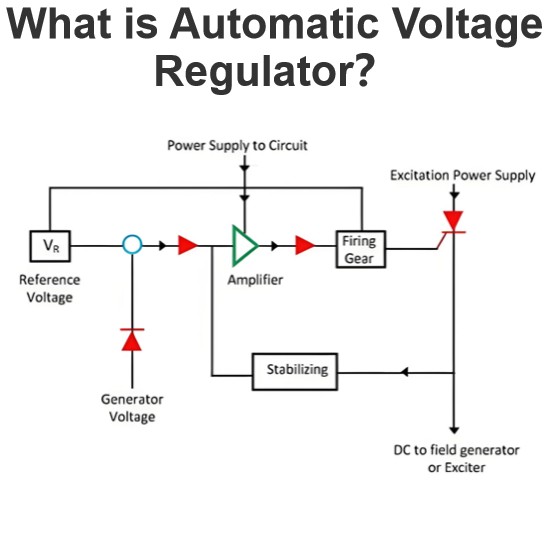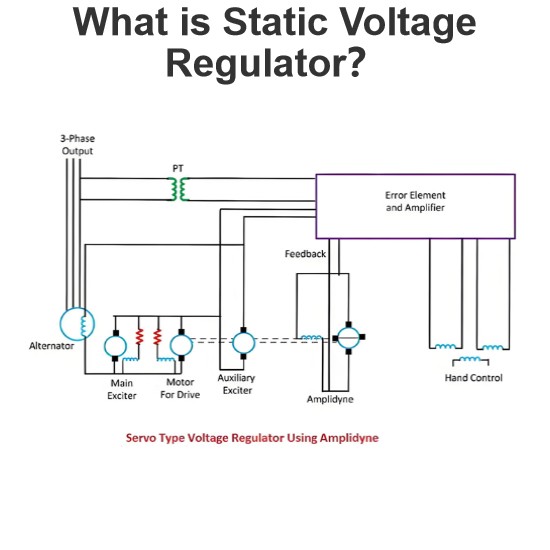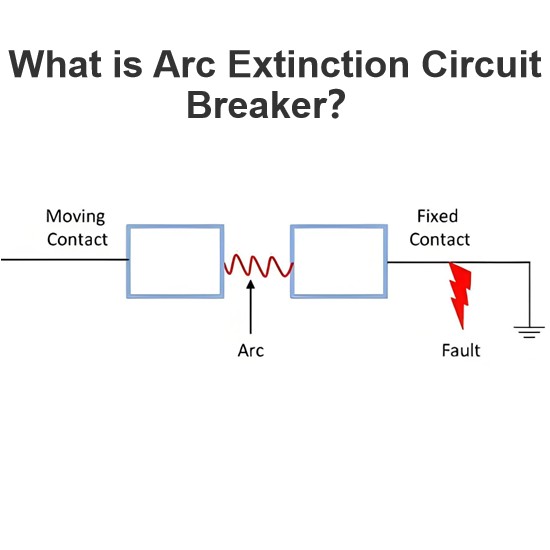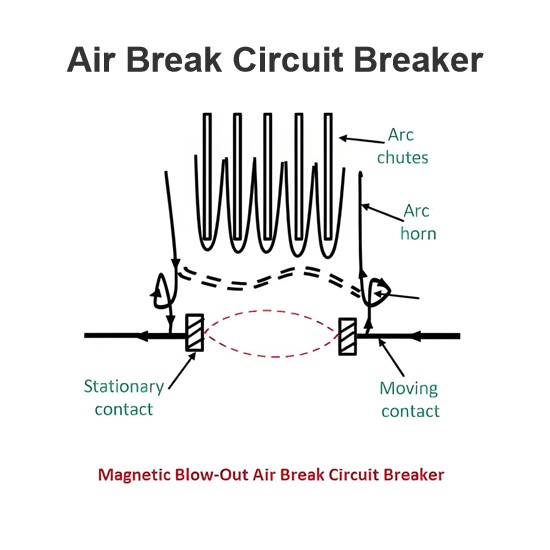What is MHD Generation?
What is MHD Generation?
MHD Generation Definition
MHD power generation is a process that directly converts thermal energy into electrical energy, bypassing mechanical stages, making it highly efficient.
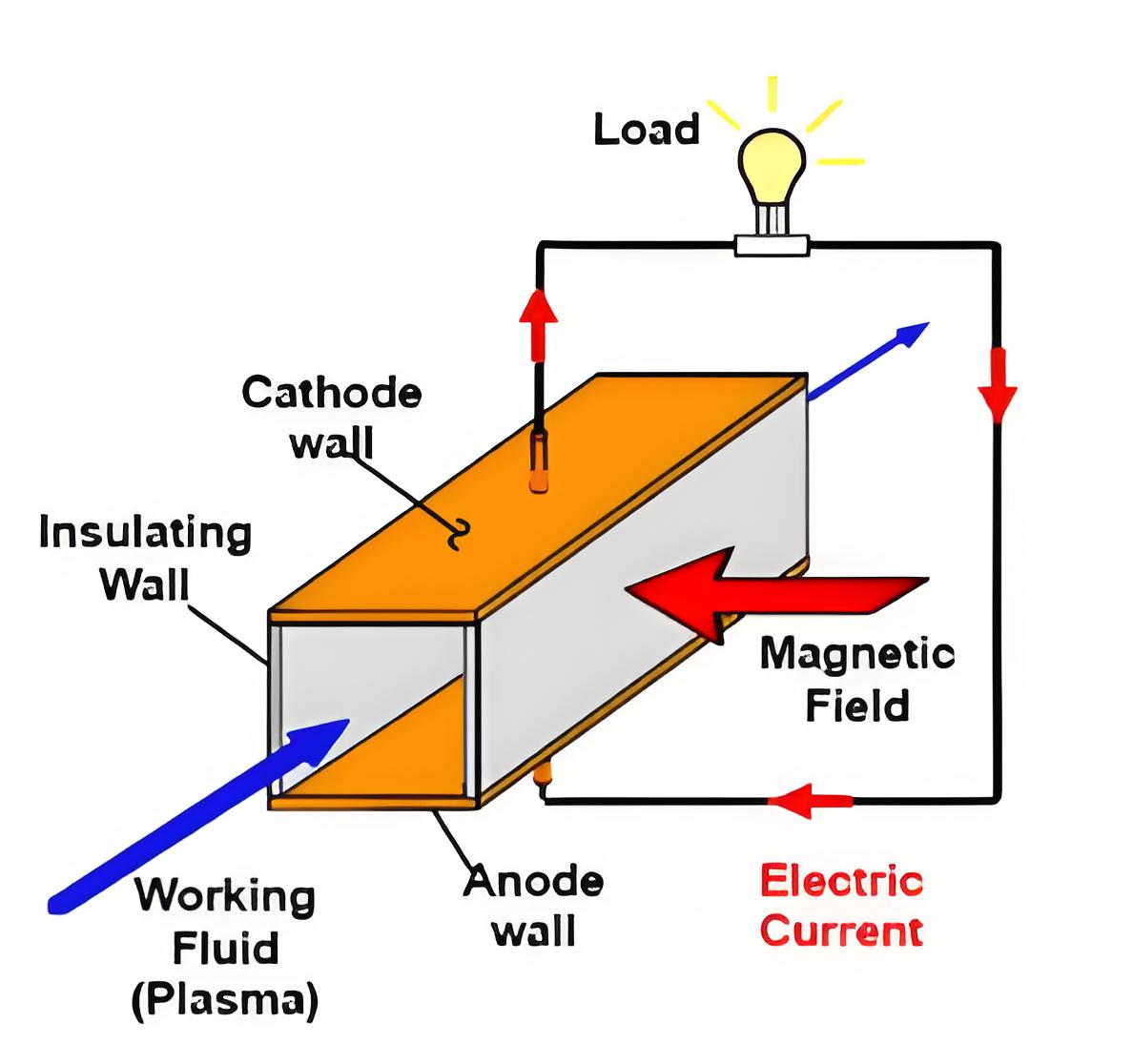
Faraday’s Principle
The principle of MHD generation relies on Faraday’s law of electromagnetic induction, where movement of a conducting fluid through a magnetic field induces electrical current.
The power generated per unit length by MHD generator is approximately given by

u is the fluid velocity
B is the magnetic flux density
σ is the electrical conductivity of conducting fluid
P is the density of the fluid.
System Types
MHD systems can be classified into open and closed cycle systems, each using different methods for circulating the working fluid.
Efficiency Advantage
MHD generation is noted for its high efficiency and rapid achievement of full power output, surpassing many conventional generation methods.
Operational Reliability
With no moving mechanical parts, MHD generators experience minimal mechanical losses and maintain high reliability and lower operational costs.
The Electricity Encyclopedia is dedicated to accelerating the dissemination and application of electricity knowledge and adding impetus to the development and innovation of the electricity industry.
